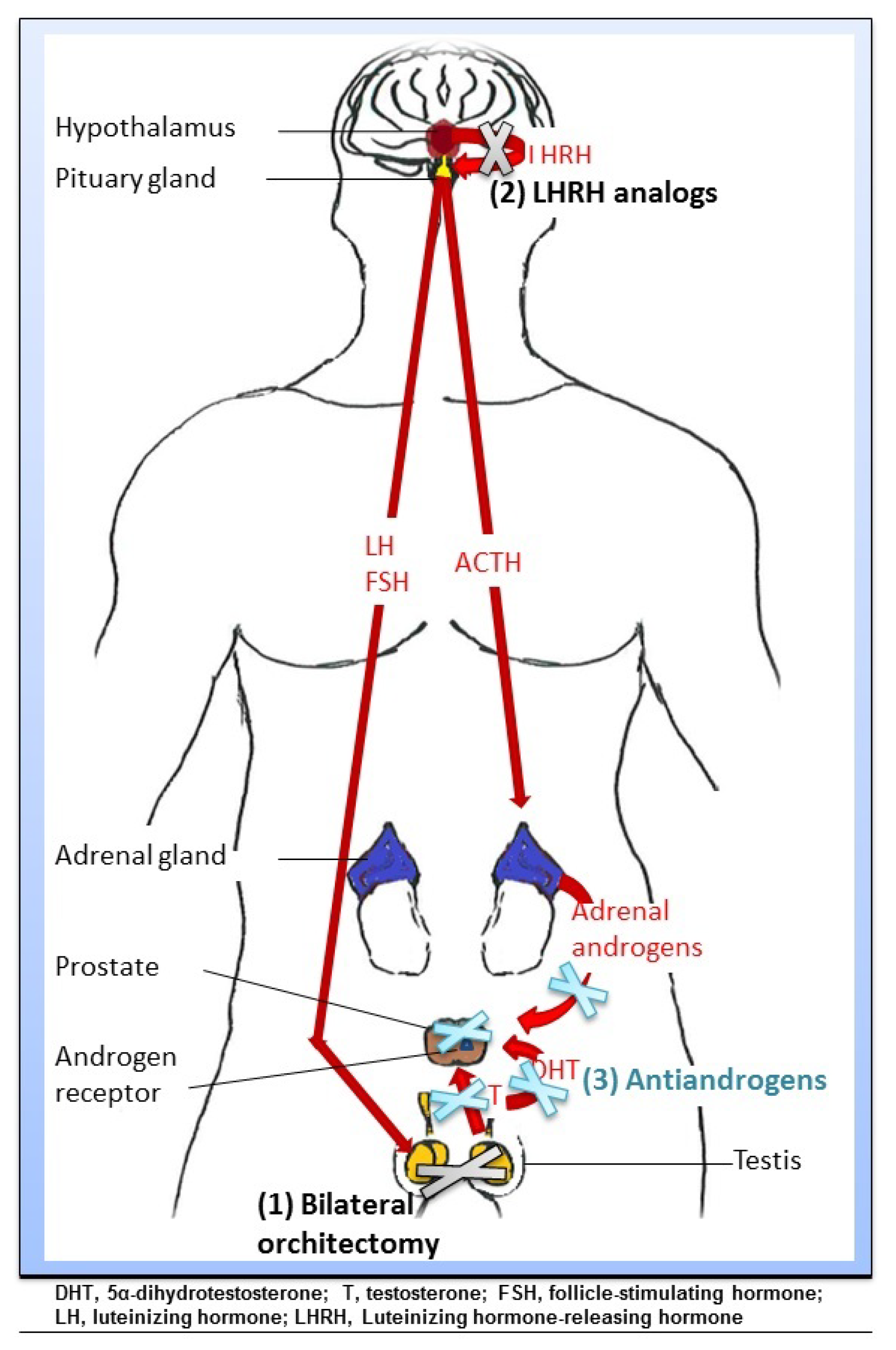

NED and ANS dysfunction can both be screened to show if a person is at risk for PTSD, suicide, or if they have suffered a brain injury in the past. Most of the symptoms associated with TBI and PTSD can be traced back to hormonal imbalances in the HPA axis, and to dysfunction in the autonomic nervous system (ANS). Many service members are also chronically medicated for the symptoms associated with TBI with no resolution of their underlying health issues. Many veterans could also have been discharged for conditions related to their brain injuries, and more than likely could have continued serving if they had been properly screened, diagnosed, and treated for their injuries. Countless veterans and active duty service members could have suffered traumatic brain injuries while serving their country, without ever being properly screened, diagnosed, and treated for TBI.

As of 2017, the DoD still has not implemented mandatory NED testing following a TBI. The human toll and financial costs associated with these conditions are crippling the Department of Defense (DoD). The United States military has been plagued by suicides, TBIs, and post-traumatic stress disorder (PTSD) for the past 20 years. This brain injury-related condition is commonly referred to as neuroendocrine dysfunction (NED). Fifty percent of those TBI patients end up with some type of hormonal imbalance in the HPA axis. Approximately 80–85 percent of MTBI patients recover from their injuries, while approximately 15–20 percent continue to experience persistent symptoms. According to the Centers for Disease Control (CDC), 80–85 percent of traumatic brain injury (TBI) sufferers are classified as mild traumatic brain injuries (MTBI). It has been known for over 80 years that following a head injury there is dysfunction in the hypothalamic-pituitary-adrenal (HPA) axis.


 0 kommentar(er)
0 kommentar(er)
